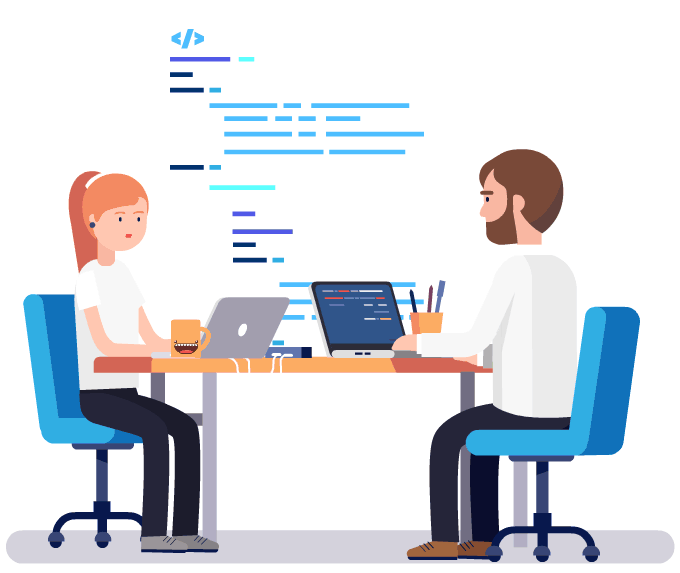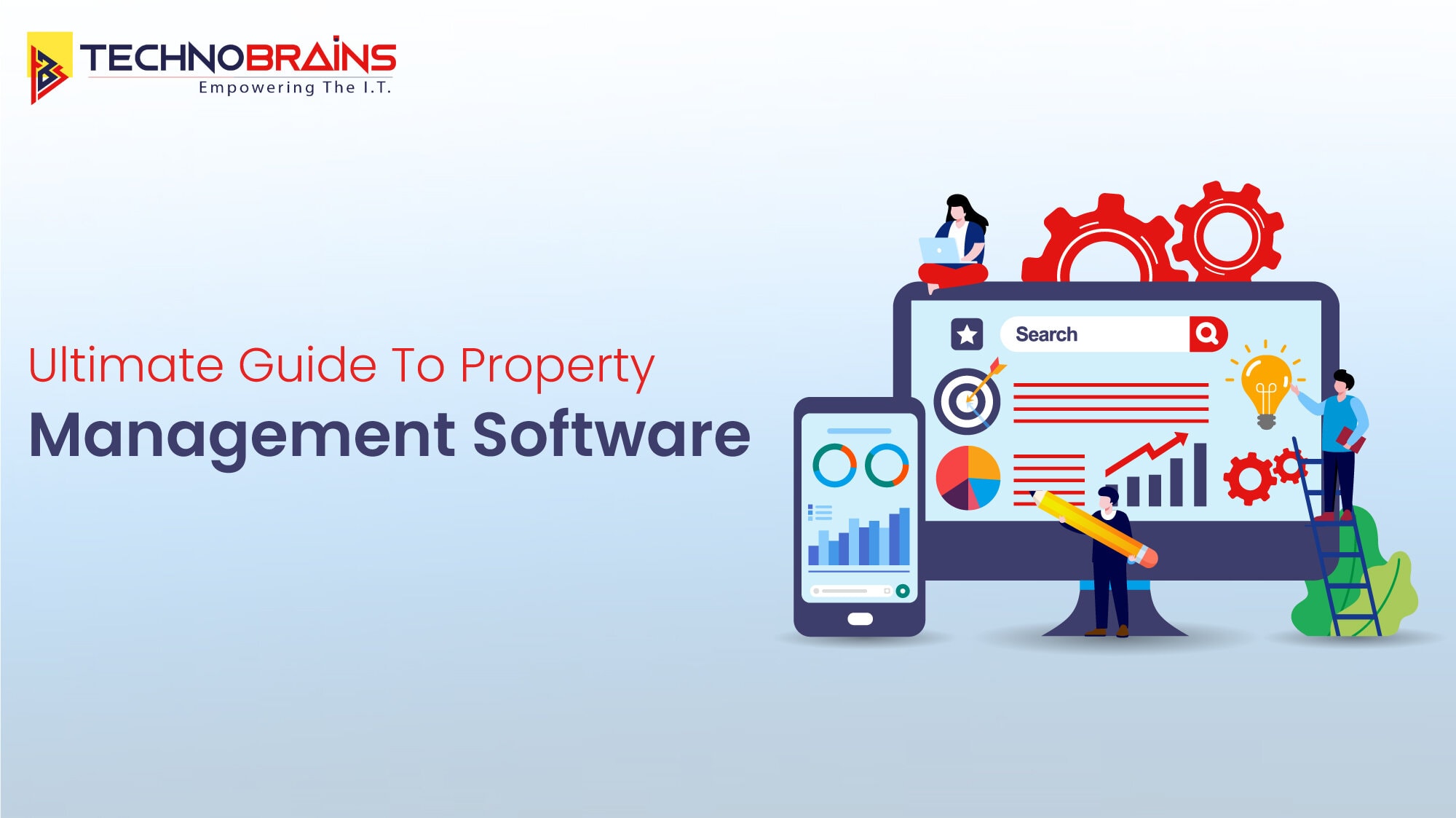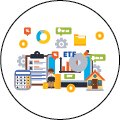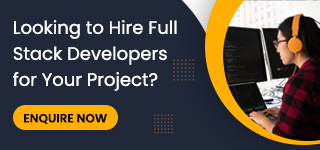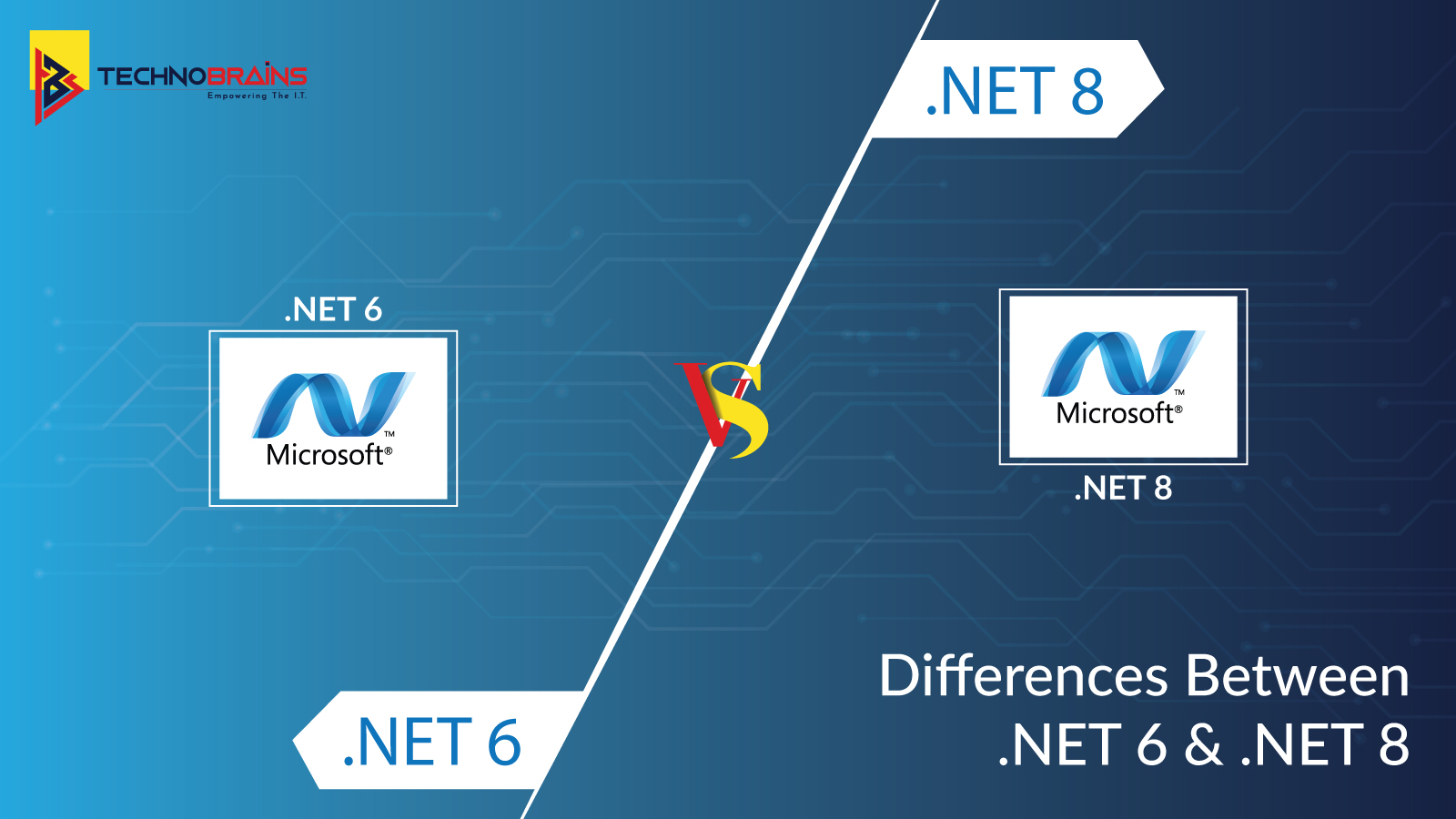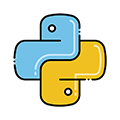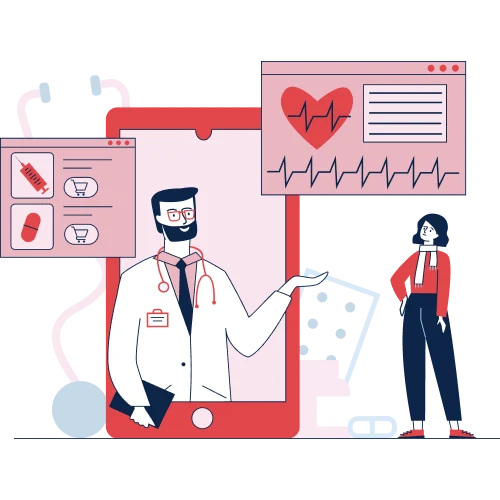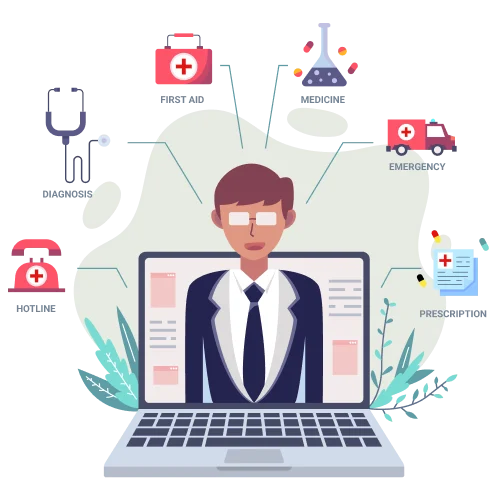Get 40 Hours Free Developer Trial
Test Our Developers for 40 Hours at No Cost - Start Your Free Trial →
Property management may be a diverse business with much involved, but it ranges from tenant management to financial reporting. Property Management Software gave a new turn of professionalism on how property managers or owners execute the operations that provide better productivity for an owner through automating tasks. This comprehensive guide will help teach all about property management: its definition, trends, types, key features, advantages, development process, and cost considerations.
What is Property Management Software?
Utility management software makes tasks regarding property easier for property managers, landlords, and real estate professionals. It automates a huge number of functions, which include communication with tenants, lease tracking, maintenance management, and financial handling, to mention just a few. There are various types of properties, including residential, commercial, and industrial real estate in which this utility is used. This software makes property management easier and more organised.
Why Use Property Management Software?
Using property management software can benefit you in many ways. Here are some given reasons why you should use Property management software.
Saves Time:
Property management software allows the automation of routine tasks associated with rent collection and tenant communication. This would allow property managers to focus on other VIP tasks at hand.
Reduces Errors:
Manual tracking can result in mistakes. Through the property management software, such errors are reduced, since all information is stored in one place will guarantee the right calculations.
Improves Communication:
The software often integrates many times with various communication tools that enhance the ease of carrying out communication between property managers and tenants. This eliminates the long period that would be used to respond to issues, hence making sure that tenants are content with their services.
Eases Record Keeping:
By not having piles of manual records, the property management software ensures that all records are kept in a digital format. This elevates the struggle with organising and maintaining some important documents.
Read Also, Why Choose TechnoBrains for Healthcare Software Development?
Latest Property Management Technology Trends
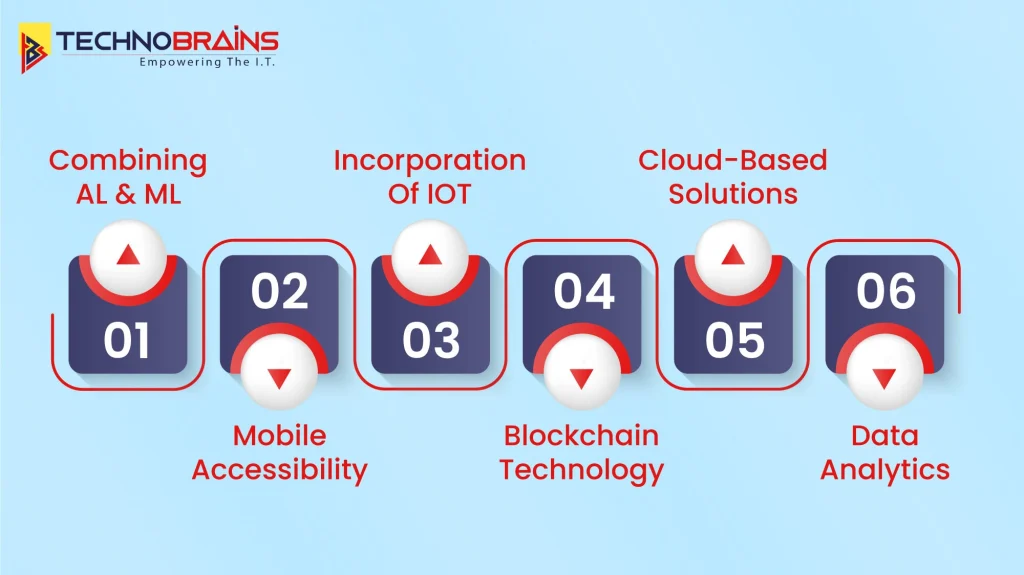
Property management software has been undergoing rapid evolution with new trends that will immensely benefit property managers. Keeping up to date with such trends can help property managers perform their operations more effectively by saving costs and delivering better service to tenants. Here are some of the newest trends amongst these:
1. Combining Artificial Intelligence and Machine Learning
With the help of AI and ML, it is super easy to make decisions as it is now easy to predict trends, and tasks can even be automated conveniently. It makes tracking properties, communicating with tenants, and maintenance requests much easier as part of property management.
2. Mobile Accessibility
Property management software works on every mobile phone and tablet. With this amazing feature, you don’t have to run a heavy system continuously as everything can be managed on mobile.
3. Incorporation of IOT
IoT facilitates the integration of smart devices that include thermostats, security cameras, and smart locks. This means that you can combine these with property management software. This supports remote monitoring and control over property systems to increase security and energy efficiency.
4. Blockchain Technology
The blockchain technology can be used to make real estate transactions much more lucid and secure. It facilitates easier lease agreements, safe payment processing, and integrity in property records.
5. Cloud-Based Solutions
Flexibility and accessibility are two important benefits of cloud-based property management software. It makes property management a completely trouble-free task. Ensuring that you can handle it from anywhere, growing with you.
6. Data Analytics
Advanced data analytics tools can help give property managers much deeper views of their operational performances, from tenant demographic data to market trends and performance-only data, enabling strategy optimization and profit maximisation.
Read Also, Top 7 Essential Real Estate Tech Trends for Realtors
Types of Property Management Software
There are several types of property management software, all targeted to serve certain needs. You need to know what kinds of property management software are there to ensure that you get the best one that fits your needs. The main ones include:
1. Residential Property Management Software
This type of software is generally used for apartment, and house management. It is equipped to manage the lease and tenants’ communication. This would most commonly include tenant management, lease tracking, and the collection of rent.
2. Commercial Property Management Software
It caters to commercial properties in office buildings, retail spaces, industrial properties, and the like; it works for lease management, tenant communication, and financial reporting for commercial real estate.
3. Vacation Rental Management Software
Specialized software for vacation rentals and short stays simply makes bookings, communique with guests, receiving payments, and scheduling cleaning a breeze.
4. HOA Management Software
This is software that is specifically utilized by HOAs. This is used for managing the community properties and building relations with members. It comprises dues collection, meeting management, and communication among residents.
A variety of property management software brings functionality to certain operational needs, thereby compelling the property manager to find the right solution that agrees with business requirements.
Key Features of Property Management Software
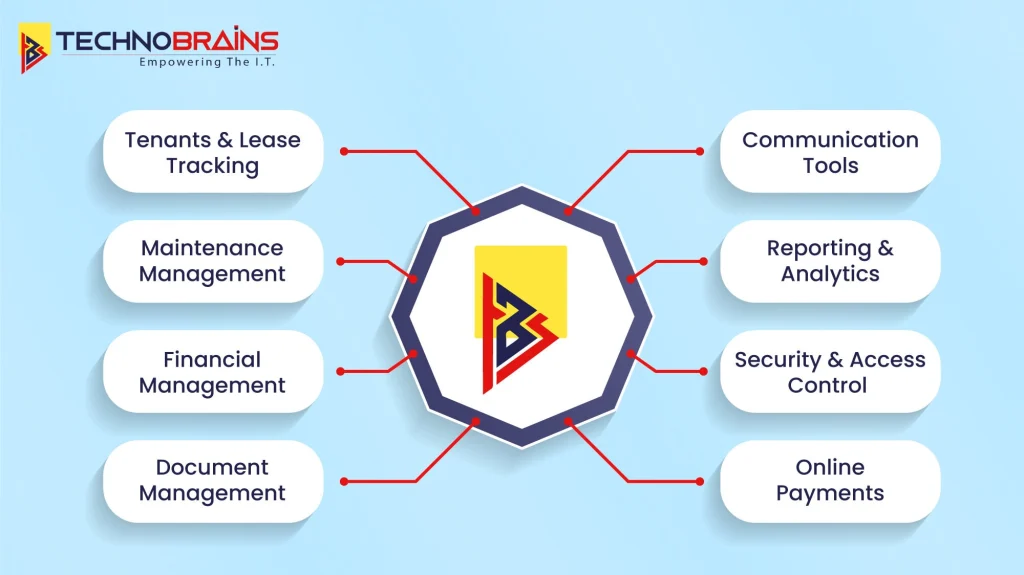
An effective property management software should be all-inclusive, with ease of management in various aspects of property management. Again, listed here are key features to look for:
1. Tenants and Lease Tracking
This software will include tenant data tracking, lease management, and support for inquiries and applications, along with tenant screening, background checking, and application processing tools.
2. Maintenance Management
It provides a solid management and maintenance management system that enhances the capability of property managers in scheduling, and tracking every upkeep task, and work item for the property while coordinating service providers. It further makes tenants flexible to log in and present their requests online for maintenance.
3. Financial Management
It is one of the top features in property management software. Very key accounting duties that the property management software should be able to perform include rent collection, expense tracking against the budget, and the preparation of financial reports. Integration with payment gateways eases financial transactions, making online rent payments possible.
4. Document Management
It allows for storing documents, like lease agreements, inspection reports, and legal documents. This feature ensures that documents have safe storage and can be accessed or retrieved at any time they are needed.
5. Communication Tools
Effective aids to communication, such as email and SMS notifications, keep the property manager in close contact with both tenants and vendors. Web-based tenancy portals offer one source of information and communication between the tenant and management.
6. Reporting and Analytics
It produces reports and analytics on occupancy rates, property financial performance, and maintenance activities.
7. Security and Access Control
This helps in securing the data. Property management software must consist of strong measures in providing user authentication, role-based access control, and data encryption.
8. Online Payments
It makes provision for the payment of rent and other fees online using secure payment gateways. In this way, it eases the process of payments, thus eliminating cases of late payments.
Advantages of Property Management Software
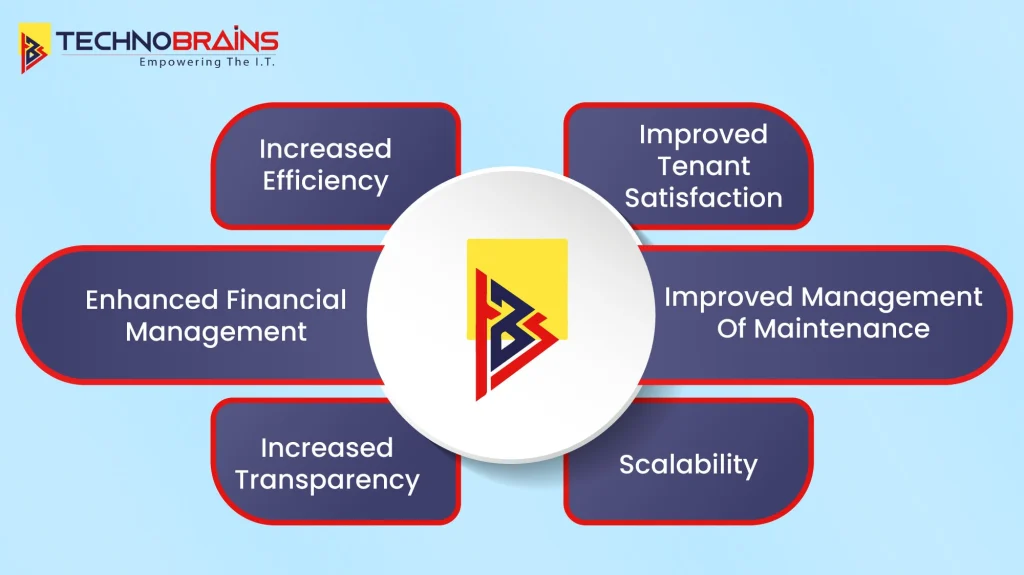
Property management software has enormous benefits in terms of enhanced efficiency and better tenant satisfaction. It includes automated rent collection, record-keeping for the lease, and maintenance scheduling. It is designed to make hectic tasks easy and reduce costs connected with property management.
1. Increased Efficiency
It saves time and workload for property managers by automating activities such as rent collection, scheduling of maintenance, and communication with the tenant. This enables them to work more on strategic activities.
2. Improved Tenant Satisfaction
Enhance the experience of your tenants by providing an easier way to pay rent and submit a maintenance request in the simplest of manners, or better still, communicate with the property managers. Residents that are happy to renew and refer.
3. Enhanced Financial Management
Property management software can quickly provide accurate, up-to-date financial information. So that it becomes easy for you to trace income against expenses at the time you generate the reports to ensure that all the accounting standards are followed precisely.
4. Improved Management of Maintenance
With the Proper management of maintenance tasks and work orders, you can have clarity that all your properties are in good condition. This can help in reducing the risk of expensive repairs.
5. Increased Transparency
All property information lives in one system; the simplicity of access to this by the property manager makes sharing easy for everyone concerned. This kind of openness engenders trust and assures everyone that truly, all are on the same page.
6. Scalability
Property management software scales well to your business, whether you’re looking after just a few or a diverse portfolio.
Read Also, 6 Advantages of Using Property Management Software For Real Estate Business
How to Develop Property Management Solutions?
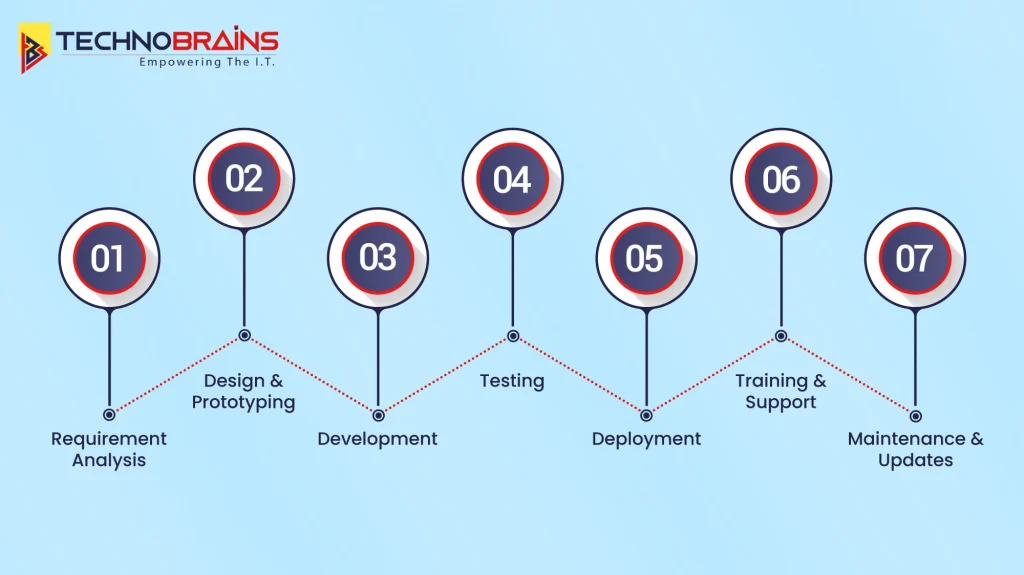
Developing solutions for property management requires a distinct plan and understanding of user needs. Start by defining core features such as tenant management, lease tracking, and maintenance scheduling. Choose the right technology stack and ensure robust security measures are in place. Design a simple and easy-to-use interface to make the software user-friendly. Here’s how to develop the software:
Requirement Analysis
Property management software development initiates the collection of requirements and analysis. Understand requirements from the targeted users and define core features; state clear objectives for the development project.
Design and Prototyping
First, define what the software needs to do. Next, create a design and prototype, focusing on making the user interface (UI) and experience (UX) clear and easy to navigate.
Development
Once the design is ready, development starts. It in turn means writing the code for the software, developing various features of the software, and making sure the developed software is scalable and secure. The process of development should be Agile to allow iterative testing and feedback.
Testing
This includes checking individual parts (unit testing), how they work together (integration testing), and making sure it meets user needs (User Acceptance Testing or UAT). Testing should involve thorough execution of runs in various situations to catch any problems that might emerge.
Deployment
Once the test has been successfully conducted and approved, the software is then ready for deployment. Deployment installs software on target servers configures settings, and makes it accessible to end users.
Training and Support
Finally, there has to be user training and support after deployment. This will involve the writing of user manuals and conducting training sessions, accompanied by the need for continuous technical support to be provided in the future when and where required.
Maintenance and Updates
Property management software needs regular maintenance and updating to keep it running effectively. This includes fixing bugs, adding new features, and updating the software in light of changing regulations and industry standards.
Cost of Developing Property Management Solutions
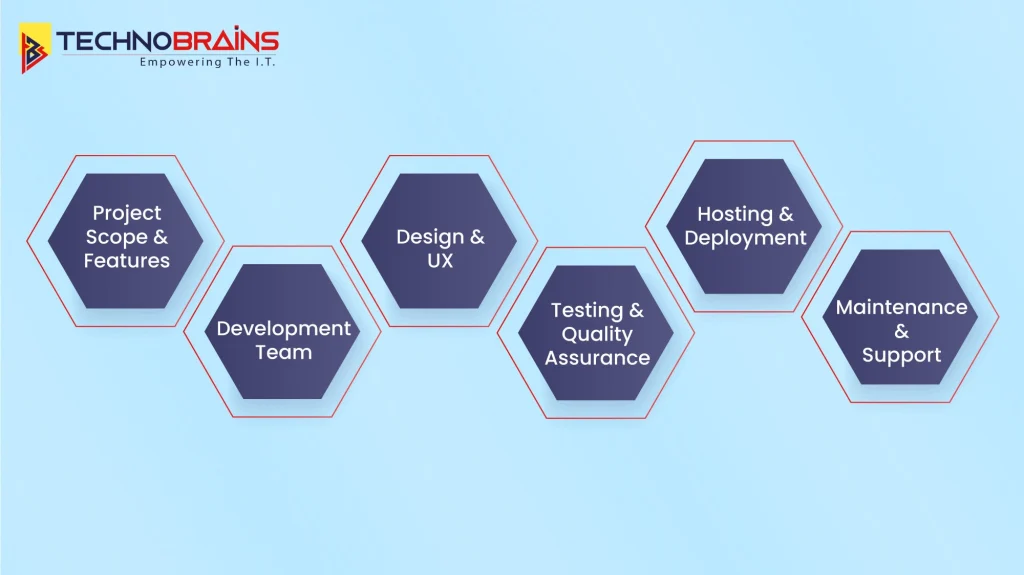
The cost of developing property management software can range from reasonable to very expensive, depending on several factors, not least being the level of complexity of the software. Of course, good property management software does benefit its buyer in the long run through increased operational efficiency and critical information it delivers for cost-cutting effective property management. Here are some factors to consider for cost:
Project Scope and Features
The more complex the software is, the more features it will have—so, therefore, the higher its development cost. A simple property management software with core features will be more affordable compared to fully functional solutions that embody progressive features like AI integrations and IoT support.
Development Team
The cost of a development team differs by their location and the type of expertise involved. A team with highly specialized skills in property management software development may also be more expensive.
Design and UX
This can be related to investment in a high-quality design and user experience, increasing the development cost, to create user-friendly and attractive software.
Testing and Quality Assurance
Thorough testing is crucial to ensure the software is reliable and bug-free. The cost of testing can vary depending on the complexity
Hosting and Deployment
Deployment on cloud servers or on-premises infrastructure is extra. Most of the cloud solutions go with ongoing subscription fees, while on-premise solutions require a higher initial investment in hardware and setup.
Maintenance and Support
Maintenance is also highly critical to keep the software running. It is where the cost of debugging, adding new features, and providing technical support comes in for users. The maintenance cost will depend on how complex the software is and how often it needs to be updated.
Read Also, How Much Does Healthcare Software Development Cost in 2024?
Conclusion
Property management software can be regarded as an excellent package that can enhance the efficiency and authority over property management operations. Property Management Software adds value to property managers and landlords in achieving their goals by automating routine tasks, tenant satisfaction, and rich insights to base your decisions. Knowing trends, the latest features, and development processes involved will let you choose or develop a proper property management solution for your needs. Are you looking for property management software development services then consider TechnoBrains.
Still stuck with questions? Contact Us today and get all your solutions here.
